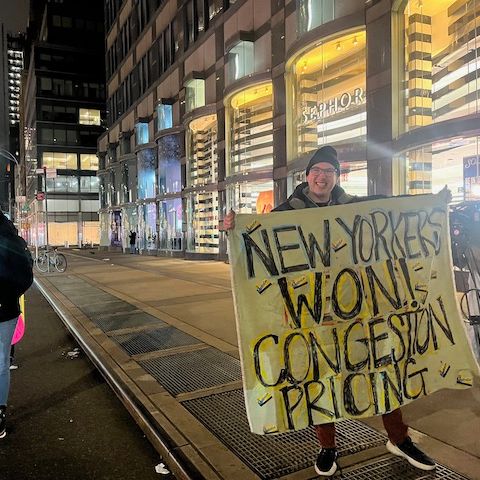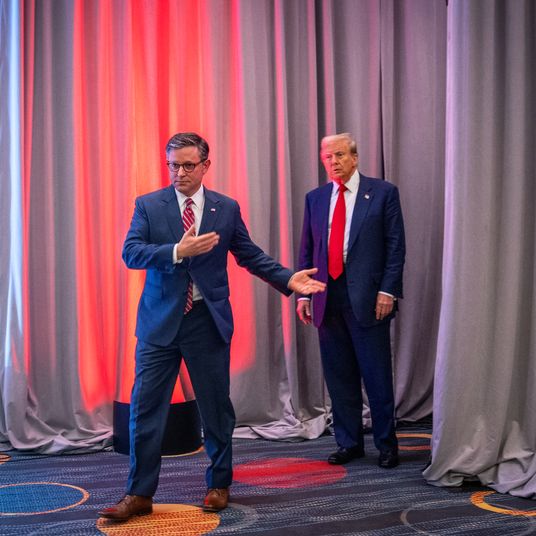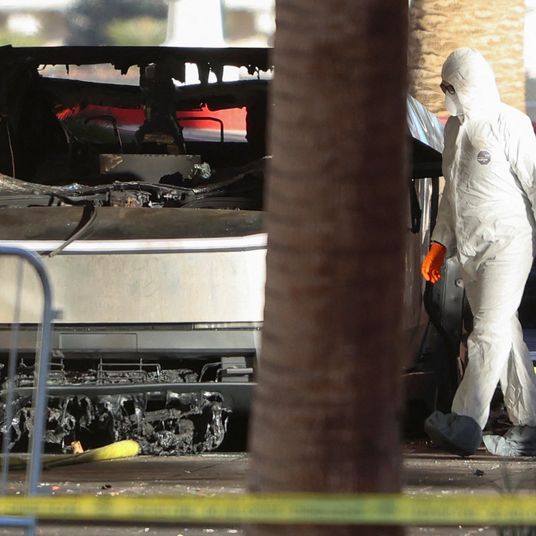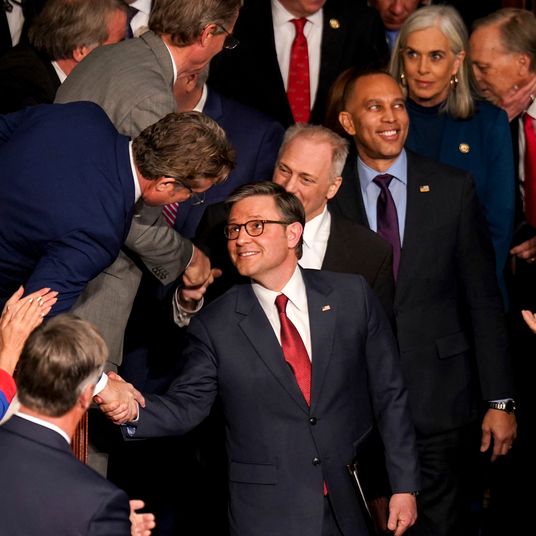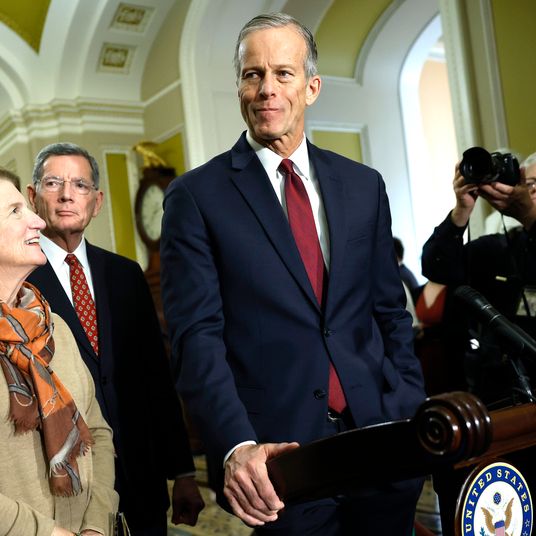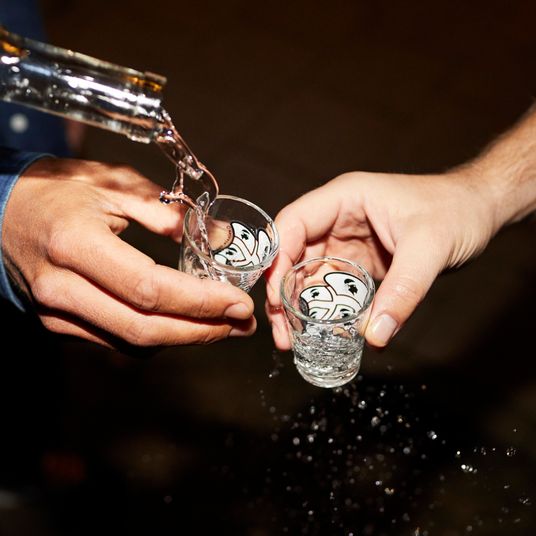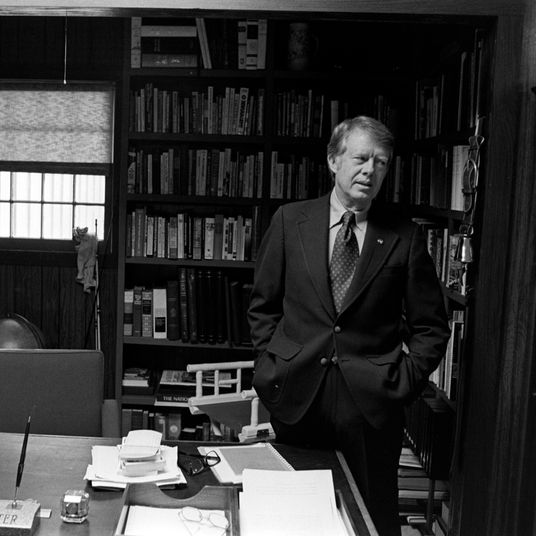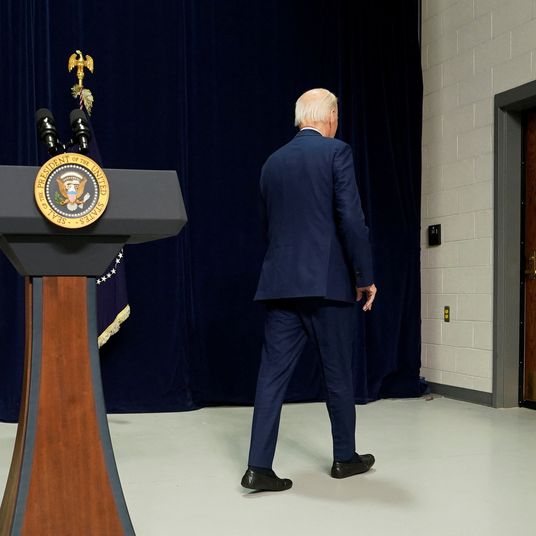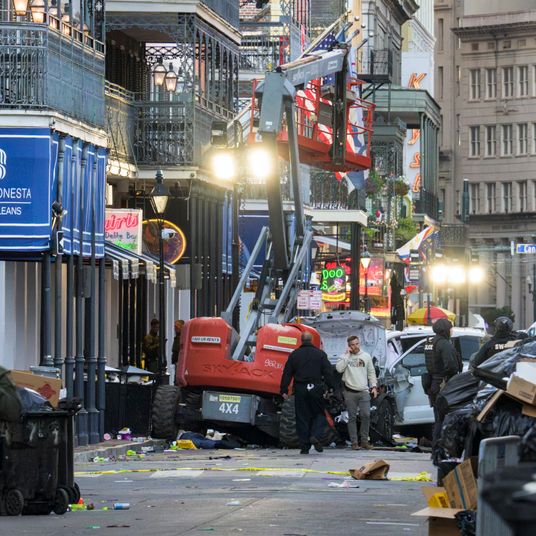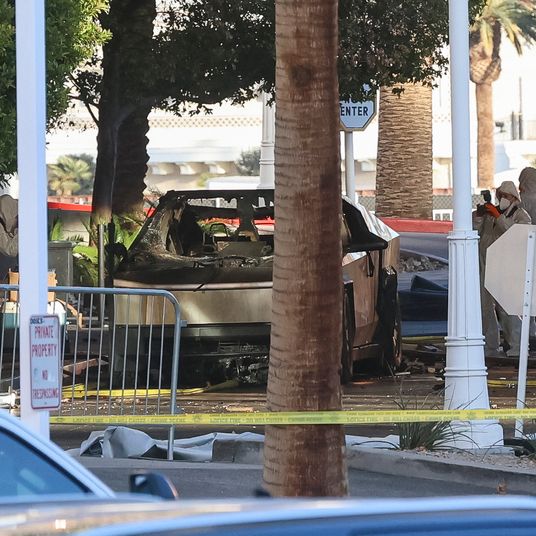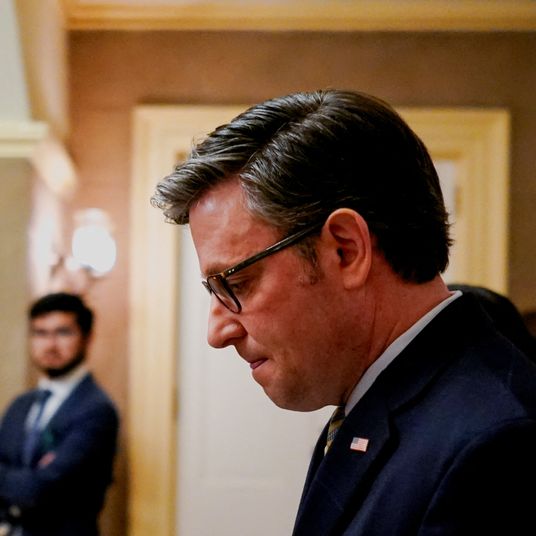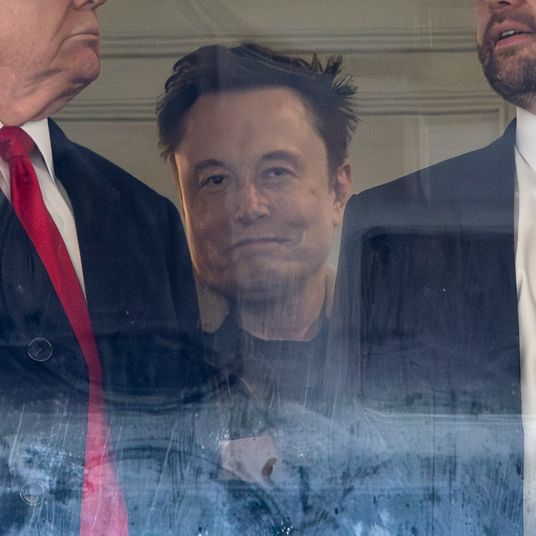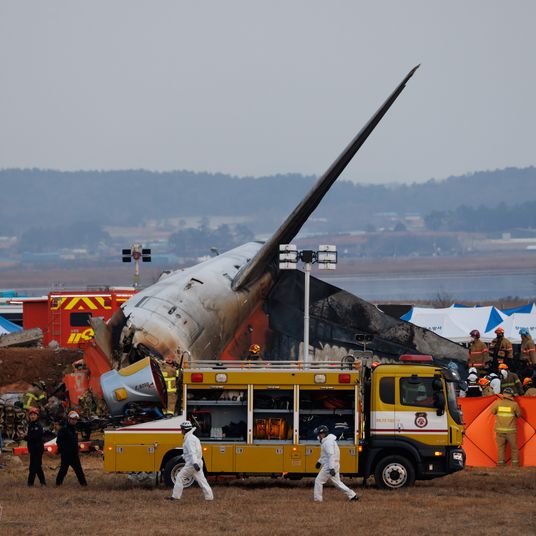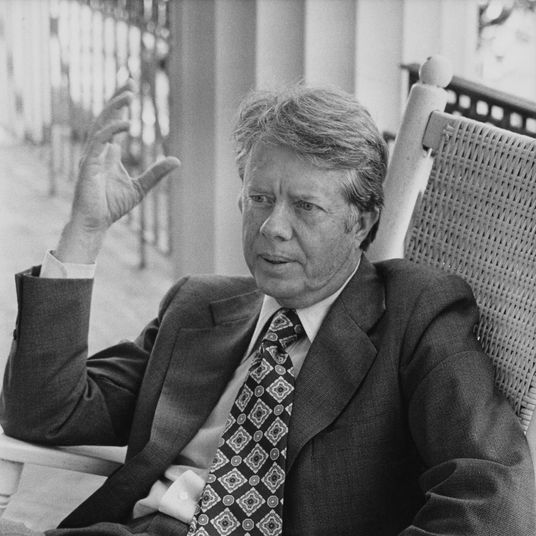After watching Darren Wilson’s first interview, it’s easy to see why a grand jury found his account convincing. After months in hiding, the Ferguson police officer who killed Michael Brown broke his silence in an ABC News interview that aired Tuesday night. Wilson seemed younger than he did in the handful of photos and videos we’ve seen since the shooting (he’s 28), and he remained completely calm, even as George Stephanopoulos asked if he would be forever haunted by Brown’s death. “I don’t think it’s a haunting. It’s always going to be something that happened,” Wilson replied, adding, “The reason I have a clean conscience is because I know I did my job right.”
Perhaps most important for jurors presented with many conflicting eyewitness accounts, Wilson’s version of events is remarkably clear and consistent. (Or as some may see it, rehearsed.) The story he tells Stephanopoulos is extremely similar to the account he gave detectives and the grand jury. He even quotes his grand jury testimony, saying that as he and Brown struggled through his car window, “I just felt the immense power that he had. And then the way I’ve described it is it was like a 5-year-old holding on to Hulk Hogan. That’s just how big this man was.”
Wilson did not say Brown looked like a “demon,” at least in the clip that ran on World News Tonight, but he did say the first shot he fired only infuriated the 18-year-old. “He gets even angrier,” he says. “His aggression in his face, the intensity just increases.” Wilson also claims that even after he shot Brown, the teen continued charging him.
As for why he pursued Brown when he was running away, Wilson says that’s what he was trained to do. “My job isn’t to just sit and wait. I have to see where this guy goes,” he explains. As in his testimony, Wilson emphasizes that after Brown stopped and turned around, he saw his hand in his waistband, as if he were reaching for a weapon, and thought his life was in danger.
When Stephanopoulos notes that some witnesses say Brown had his hands up, Wilson answers, “That would be incorrect,” adding, “no way.” He says there is “no question” that the incident would have happened in the same way if Brown were white, and says “no” very assuredly when asked if there’s anything he could have done to prevent the killing.
Wilson did say he’s sorry Brown lost his life, according to Stephanopoulos, but that remark wasn’t in the footage that aired.
UPDATE: In a longer version of the interview, which aired on Nightline but has yet to be posted online, Stephanopoulos reads part of a statement in which the Brown family says they were disappointed that their son’s killer “will not face the consequences of his actions.” Wilson responds:
I think those are grieving parents who are mourning the loss of their son. Not that there’s anything I could say, but again, I’m sorry that their son lost his life. It wasn’t the intention of that day, it’s what occurred that day and there’s nothing you can say that’s going to make a parent feel better.
Wilson is also asked if he feels remorse. He responds:
Everyone feels remorse when a life’s lost. Like I told you, I never wanted to take anybody’s life. That’s not a good part of the job; that’s the bad part of the job. So yes, there is remorse.






